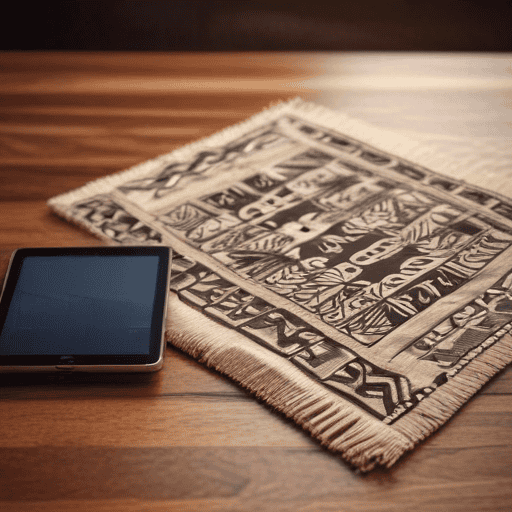As our world becomes increasingly digital, the importance of using technology to promote and document cultural history is gaining recognition. Master Kalisito Vunidilo, the chairman of the Namosi Provincial think tank and a dedicated advocate for Indigenous Fijian culture, emphasizes that making iTaukei cultural knowledge accessible in digital formats could inspire the youth to reconnect with their rich heritage.
Master Kalisito, alongside his wife, Dr. Tarisi Sorovi-Vunidilo, has returned to Fiji after teaching abroad to focus on this cultural revival within his home province of Namosi. His doctoral research included over 20 interviews on various cultural topics, foundational work that has led to the establishment of a production company aimed at documenting and sharing these stories through video media. Their efforts culminate in a documentary about Namosi, which will be produced in both English and iTaukei—a significant step toward making cultural stories accessible to a wider audience.
In a world where today’s youth are more adept with technology than reading extensive texts, this initiative seeks to innovate storytelling methods to engage younger generations. Master Kalisito noted a specific project led by Dr. Tarisi—a successful animation titled “Ra Vo” or “The Mudfish of Namosi,” which has gained international recognition. The focus on digital storytelling can spark greater interest among iTaukei youth, encouraging them to delve deeper into their academic and cultural roots.
Additionally, Dr. Tarisi has authored a range of children’s books featuring Fijian myths and legends, which are distributed to libraries in Fiji and New Zealand, with aspirations to reach markets in the U.S. Master Kalisito asserts the necessity of providing a solid cultural foundation to their children, particularly for families abroad, urging parents to reconnect with their heritage and impart this knowledge to their children.
Despite existing challenges, such as the disengagement of some iTaukei youths from their cultural identity, there are hopeful signs. Families are increasingly recognizing the need to reconnect after relocating overseas. Encouragingly, children in their online classes have begun prompting their parents to explore and understand their lineage, demonstrating a growing curiosity about their cultural identity.
Master Kalisito calls on iTaukei families living abroad to prioritize visits to their ancestral homes in Fiji, citing a need for quality family time to solidify bonds and reinforce cultural traditions. He highlights the role of parents and elders in preserving culture, stating, “Parents and elders cannot pass on anything to their children if they have nothing to offer.”
This revival of cultural heritage through digital platforms not only promises to enrich the lives of iTaukei youth but also fosters a greater appreciation for their identity and roots. As these efforts continue to unfold, they provide a compelling narrative of resilience and hope, showcasing how modern technology can bridge the gap between generations and strengthen community ties. By embracing their heritage through digital storytelling, future generations are equipped to thrive while proudly honoring their culture.

Leave a comment